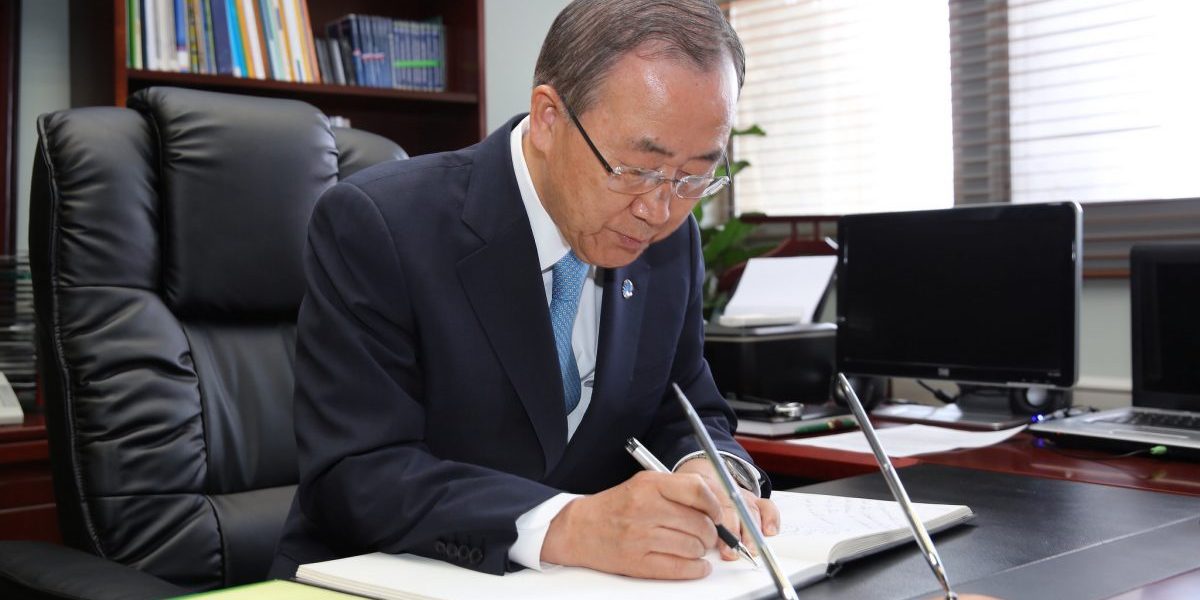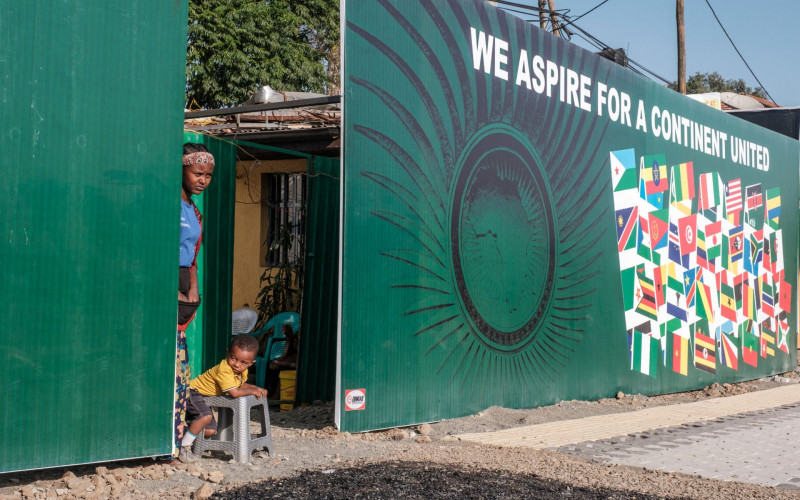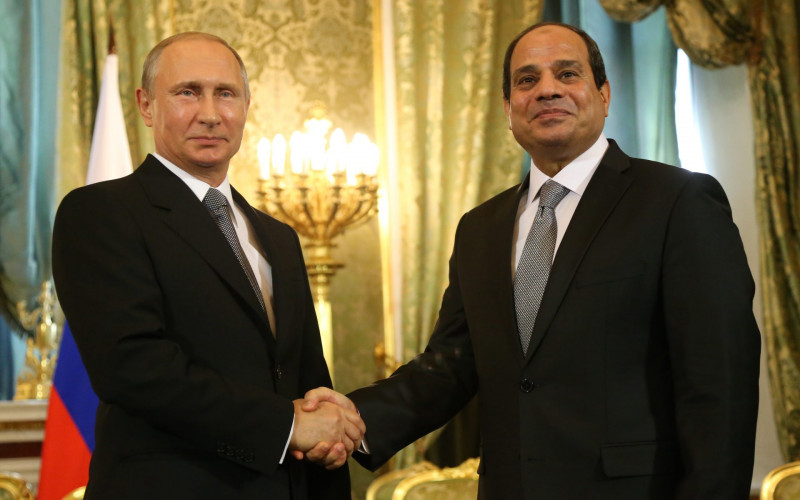Coming against the backdrop of the decade-long trend away from financial transfers of donor aid to investment in developing countries and, concurrently, the emergence of China as the continent’s top trading partner and a key provider of loans to Africa, the Forum was ripe with possibility of change.
The engine for that change is the emerging powers’ approach to development in Africa, combining a drive for vital resources led by their state enterprises, lubricated by government-backed concessional finance and a bevy of diplomatic entreaties which has challenged the hard-fought donor consensus on aid to Africa and other developing regions that was forged at a succession of meetings since 2002.
The enthusiasm of African governments’ embrace of the likes of China and the concurrent articulation of a devastating critique of the established Western aid regime by Africans like Dambisa Moyo has shaken Western governments and NGOs. The implications of these changes, sparking risible public pressure across much of the West to severely reduce aid disbursements to emerging countries especially in light of the financial and economic crises in the US and Europe, is having a discernible impact on the broader Western approach to aid policy and is set to reconstruct the once stable landscape of African development.
At stake in Busan was the Paris Declaration on Aid Effectiveness, a framework of five principles serving as a guide for OECD donors’ official development assistance (ODA) negotiated in 2005 and extended at a follow up meeting in Accra in 2008. These principles were developed so as to facilitate the achievement of the Millennium Development Goals (MDGs), a set of eight goals agreed in 2000 aimed at halving global poverty by 2015 that sought to mobilise donor and recipient countries towards this grand collective effort. The MDGs focused primarily at transforming the conditions of the poor and most vulnerable in societies, leaving little room for the more muscular focus on enhancing the productive capabilities of poverty-stricken countries. The former head of USAID Brian Atwood admitted the Paris Declaration was ‘overly donor driven’ and subsequent meetings produced modifications to everything from the terminology to strengthening of commitments to transferring aid directly to developing countries’ ministries of finance.
It should be noted that the emerging powers themselves had been signatories of the Paris Principles but as recipients and were thus not bound to these criteria when disbursing aid themselves. In any case, for decades they had been involved in their own form of economic engagement with other developing countries under the loose rubric of ‘South-South cooperation’. Provisions for technical assistance and exchange of personnel, the financing and construction of infrastructure projects as well as support for what were clearly commercial activities all featured as forms of South-South cooperation that brought future emerging powers into Africa. These activities were essentially ignored by the Western donors, that is until it became clear in the last decade that the volume of financial transfers and growing preference for economic cooperation with emerging powers were beginning to displace Western-led initiatives. To illustrate this point, already by 2009-2010, the state-owned China Development Bank and the China Export-Import Bank’s loan book to governments and companies in developing countries amounted to at least $110 billion, compared with the World Bank’s $100 billion from mid-2008 to mid-2010.
In the run-up to the Busan Forum, Korean officials were hoping that this meeting would lay the foundations for a post-Paris Declaration consensus, that placed more emphasis on ‘development effectiveness’ and economic growth rather than the very narrow ‘aid’ agenda that heretofore was the focus; and that included the multitude of new actors in development, i.e., emerging powers, private foundations and the private sector. Korea, having recently joined the ranks of the OECD-DAC, and itself a graduate from the school of aid recipients, revelled in the opportunity to showcase what it had achieved with aid. The adoption of the Seoul Consensus on Development exactly a year previously at the G20 Summit Korea had hosted was considered as complementing its aspirations for the HLF. The Seoul Consensus focused on the removal of bottlenecks to growth in developing countries and mobilising other resources, including domestic taxation, to catalyse development. These perspectives were not shared by all members of the OECD, but the Busan deliberations and the outcomes confirmed the inevitability of this path.
Over the last few decades, the aid industry has becoming markedly less significant to the economic lifeblood of all but a persistent cluster of mostly African states. In fact, aid has fallen as a percentage of all financial transfers to Africa, from 70% in the 1970s to less than 30% today. Where Western dominated institutions like the IMF and World Bank, the US, European and Japanese aid agencies and an army of international NGOs had once commanded the economic heights of the African continent – bolstered by a web of political and military ties dating back to the colonial period – today the entry of the likes of China, India, Brazil and Korea into the Western ‘preserve’ has seemingly driven a wedge into the relationship. Ably recognising the investment opportunities provided by economic ruptures induced through structural adjustment programmes in the 1980s and 1990s, especially in the realm of the privatisation of state assets, and singularly unconcerned with reshaping the domestic structures of African governance, the emerging powers have opened up new trade ties and gained market share in sectors once considered to be the exclusive domain of the West.
Refreshingly free of the more obvious hypocrisies of Western aid, these interest-based forms of engagements were greeted with enthusiasm by African leaders who welcomed their directness and results-oriented approach to tackling crucial problems in their economies, while not insisting on democracy, human rights or good governance. Behind these public debates on aid versus investment and trade, and their efficacy lie deeper issues that expose a significant gap between the traditional donor community and emerging powers on key features of the current aid architecture. Indeed, the promotion of South-South cooperation and its celebration by emerging powers and many developing country partners alike, was included again in the Forum’s Outcomes Declaration, as was the commitment to explore trilateral cooperation as one concrete expression of the evolving landscape of aid (SSC was first mentioned in the Accra Agenda for Action).
Yet, the cherished hope of the OECD-DAC to bring China and other emerging countries into the aid framework, albeit with some modifications, failed. The Outcomes document emphasised that ‘The principles, commitments and actions agreed […] shall be the reference for South-South partners on a voluntary basis. As if to underscore this point, the Chinese deputy minister of commerce, Zhu Hong, noted that developed countries have the primary responsibility for funding development, and that SSC was not a substitute for traditional cooperation.
As was demonstrated by events in Busan, the efforts of OECD-DAC countries to promote collaboration and convergence with their established aid practices, was received with some bemusement in Beijing, Delhi and Brasilia. The staunch defence of South-South cooperation by emerging powers, seconded by African, Asia-Pacific and Latin American governments despite the sometimes eclectic and unwieldy forms it takes, demonstrated the new assertiveness of the South. Indeed, the first ever African common position on development effectiveness and aid reform, adopted in Addis Ababa in September characterised South-South Cooperation as ‘the most promising partnership approach to supporting African-owned and led development efforts’.
At the same time, the emerging powers’ continuing commitment to maintain tied aid and resistance to utilising what used to be called recipients’ ‘country systems’ clearly troubles some African policy makers. Liberia’s Minister of Planning and Economic Affairs, Amuru Konneh, while emphasising that his country was ‘not interested in charity’ was nonetheless critical of China’s tied aid approach to projects which effectively ignored existing institutions and processes.
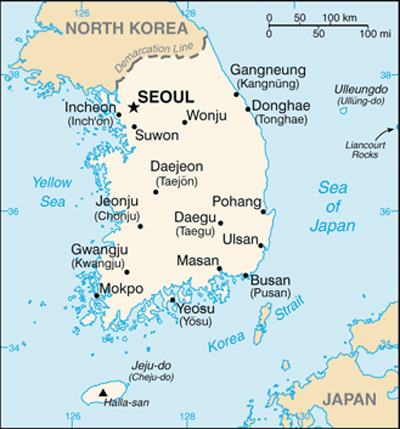
For traditional donors, especially the smaller ones like the Dutch, the rise of what they view to be a more mercantilist approach from newly industrialised economies and their brazen use of tied aid has brought about a revolution in thinking about aid. The result is a cautious embrace of nationalism and enterprise, stripping away many features of the transformative agenda of the recent past, although there is a renewed emphasis on fragile and conflict-affected states. The British too have undergone a partial transformation though there remains a core consensus across both political parties to keep aid expenditures at their record levels for the time being, with London attempting to integrate a conscious role for British commercial interests. With the penny presses’ nose for weakness, public ‘exposes’ surrounding the alleged scandal of UK support for competitive emerging economies like China and India, are bound to erode that consensus in future.
Concern has been raised by civil society actors about where that might leave the west’s support for human rights and good governance, especially given that the Outcomes document had no explicit commitment to a human-rights-based approach. Positively, in its latest communication on development policy (October 2011), the EU Commission emphasises that ‘support to governance should feature more prominently in all [its] partnerships’.
Across the Atlantic, the US aid industry had already experienced severe trauma in the aftermath of the Cold War, with USAID essentially being hollowed out of technical expertise in all but a few sectors in favour of sub-contracting to ‘beltway bandits’. The rise of private foundations, chief amongst them the Gates Foundation, as self-described catalysts and innovators in the aid business is also shifting the focus away from traditional forms of development assistance towards more productive sectors of developing economies.
In this regard, the Busan Outcomes Declaration provides a window on the future of aid modalities. The MDGs remain the benchmark for progress in development though it is widely recognised that sub-Saharan Africa will not reach many of them by 2015 if current trends persist. The nostrums of aid efficiency proposed at Paris in 2005 are intact, as are efforts to harmonise practices between traditional donors. Although only one of the 13 indicators for better aid effectiveness set by the Paris Declaration to be reached by 2010, has been attained, the Outcomes document insists that the Paris signatories will intensify their efforts to implement their commitments. Transparency is embraced by donors, partners and civil society as a shared principle and foundation for development cooperation with 75% of ODA operating adhering to the International Aid Transparency Initiative (IATI). Nonetheless, civil society’s actual involvement in the development process, formally recognised at Busan, remains somewhat enigmatic if enthusiastically endorsed.
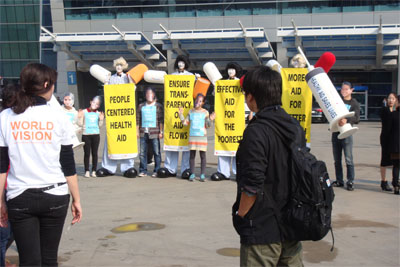
Private-public partnerships seem set to play a greater role in the more difficult economic climate of the coming years. Notably, there is some concern that the growing role of business, which is not part of the IATI, will dilute the commitment to transparency. Nevertheless, Western aid agencies’ greater financial constraints will accelerate their emphasis on the private sector as a development actor. USAID head, Rajiv Shah, stressed the need to change mindsets about what aid does. It should be used as a catalyst for development outcomes in FDI. Importantly, South-South cooperation and trilateral cooperation both appear for the first time in a High Level Summit Declaration; however, what is most telling is the fact that India and China did not directly sign on to the Declaration, preferring to endorse it separately outside of the Summit after much late night negotiation led by Brazil. This is significant as it underscores the fact that the division in aid practices (and even purpose) between OECD-DAC countries and emerging powers has not truly been bridged; rather, it suggests that there is a parallel set of approaches being officially recognised; notwithstanding the Outcomes document’s commitment to the establishment of a new ‘inclusive and representative’ Global Partnership for Effective Development Cooperation, which will be coupled with the phasing out of the OECD’s Working Party on Aid Effectiveness. If this Global Partnership is to form the framework of an inclusive development cooperation architecture, it has set an ambitious target to define its working arrangements by June 2012. It is likely that in the short to medium term the further fragmentation in aid policy seems inevitable and whether that is good or bad for African development remains to be seen.
Through their robust involvement in Africa emerging powers have demonstrated to Africans that they have achieved ‘real existing development’ (to paraphrase an old Soviet slogan aimed against idealised portrayals of socialism), often by ignoring the well-worn advice of Western development experts on such questions as the role of the state, and in so doing inspired an African search for a new model of development. This has come at a crucial time for development in Africa, when the discourses and policies promoted by traditional donors are being challenged as never before. It is for this reason that, beyond any particular declaration or policy pronouncement issued at the end of the Summit, Busan will be remembered as the event that signalled the beginning of the end of aid as we have known it.

